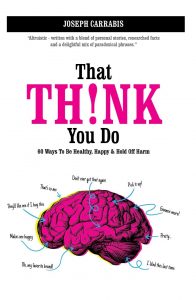Note: this post originally appeared as a blog arc on my old Analytics Ecology blog. I’m resurrecting the complete arc here as it’s referenced in That Think You Do‘s “Unhealthy Comparisons” chapter
Enjoy!
Knowledge will forever govern ignorance, and a people who mean to be their own governors, must arm themselves with the power knowledge gives. A popular government without popular information or the means of acquiring it, is but a prologue to a farce or a tragedy or perhaps both. – James Madison
There was never suppose to be a part 3 to this arc (Ben Robison was correct in that). Part 1 established the challenge (and I note here that the extent of the response and the voices responding indicates that the defined challenge does exist and is recognized to exist) and Part 2 (I’ll resurrect them both if there’s interest) proposed some solution paths. That was suppose to be the end of it. I had fulfilled my promise to myself1 and nothing more (from my point of view) was required.
But many people contacted me asking for a Part 3. There were probably as many people asking for a Part 3 as I normally get total blog traffic. Obviously people felt or intuited that something was missing, something I was unaware of remained unvoiced.
But I never intended there to be a Part 3. What to cover? What would be its thematic center?
It was during one of these conversations that I remembered some of the First Principles (be prepared. “First Principles” will be echoed quite a bit in this post) in semiotics.2
According to semiotics, you must ask yourself three questions in a specific order to fully understand any situation3:
Continue reading “The Unfulfilled Promise of Online Analytics, Part 3 – Determining the Human Cost”

